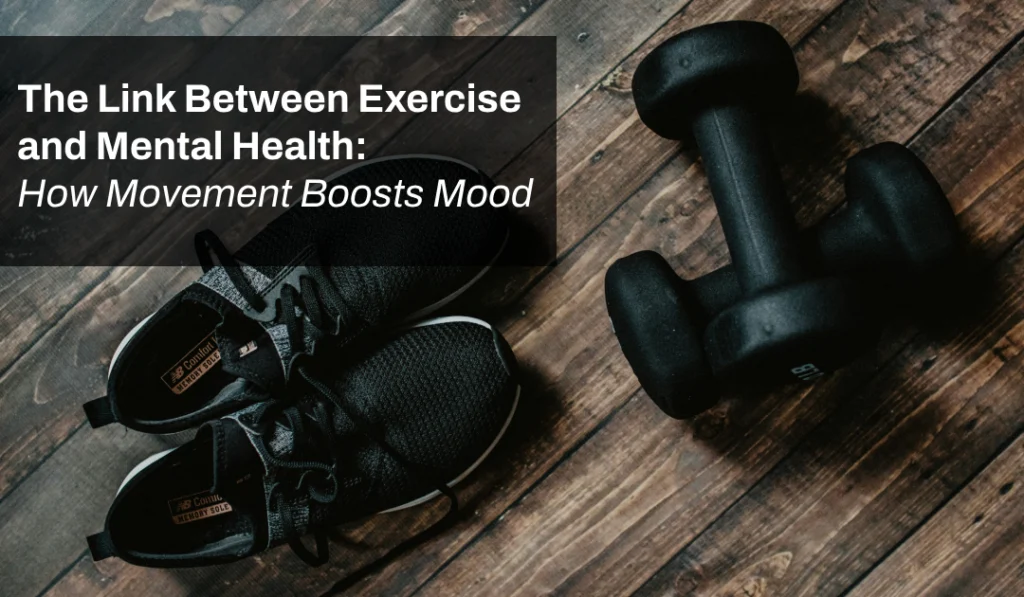Health and Wellness
The Link Between Exercise and Mental Health: How Movement Boosts Mood
Exercise is not just beneficial for physical health; it also plays a crucial role in supporting mental and emotional well-being. Let’s explore the link between exercise and mental health and discover how movement can boost mood:
The Benefits of Exercise for Mental Health
- Reduced Symptoms of Depression and Anxiety: Exercise has been shown to alleviate symptoms of depression and anxiety, promoting feelings of well-being and happiness.
- Stress Relief: Physical activity can act as a natural stress reliever, reducing the body’s stress hormones and promoting relaxation.
- Improved Sleep Quality: Regular exercise can help regulate sleep patterns and improve sleep quality, leading to increased energy and vitality.
- Enhanced Self-Esteem: Engaging in regular physical activity can boost self-esteem and self-confidence, as well as promote a positive body image.
- Increased Brain Health: Exercise has been linked to improved cognitive function and a reduced risk of cognitive decline as we age.
How Exercise Boosts Mood
- Release of Endorphins: Physical activity stimulates the release of endorphins, neurotransmitters that act as natural painkillers and mood elevators.
- Reduced Inflammation: Exercise has anti-inflammatory effects on the body, which may contribute to improved mood and overall well-being.
- Distraction and Flow: Engaging in exercise can provide a temporary distraction from negative thoughts and worries, allowing for a state of flow and focus.
- Social Connection: Participating in group exercise classes or team sports can foster social connections and a sense of belonging, which are important for mental health.
Incorporating Exercise into Your Routine
To reap the mental health benefits of exercise, aim for at least 150 minutes of moderate-intensity aerobic activity or 75 minutes of vigorous-intensity activity per week, as recommended by the World Health Organization. Choose activities that you enjoy and that fit your lifestyle, whether it’s walking, running, cycling, swimming, or dancing.
By making physical activity a regular part of your routine, you can boost your mood, reduce stress, and support overall mental and emotional well-being.


